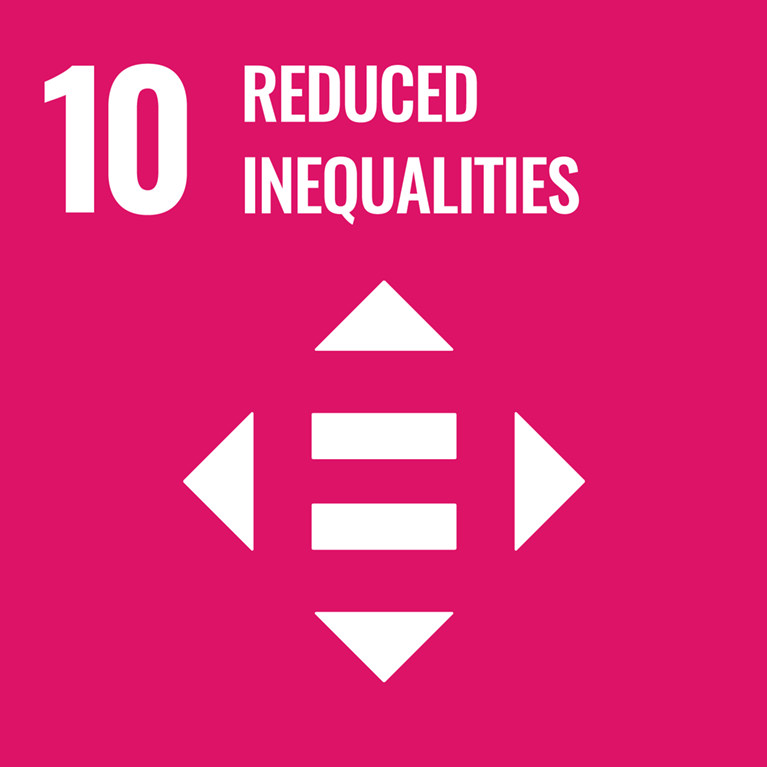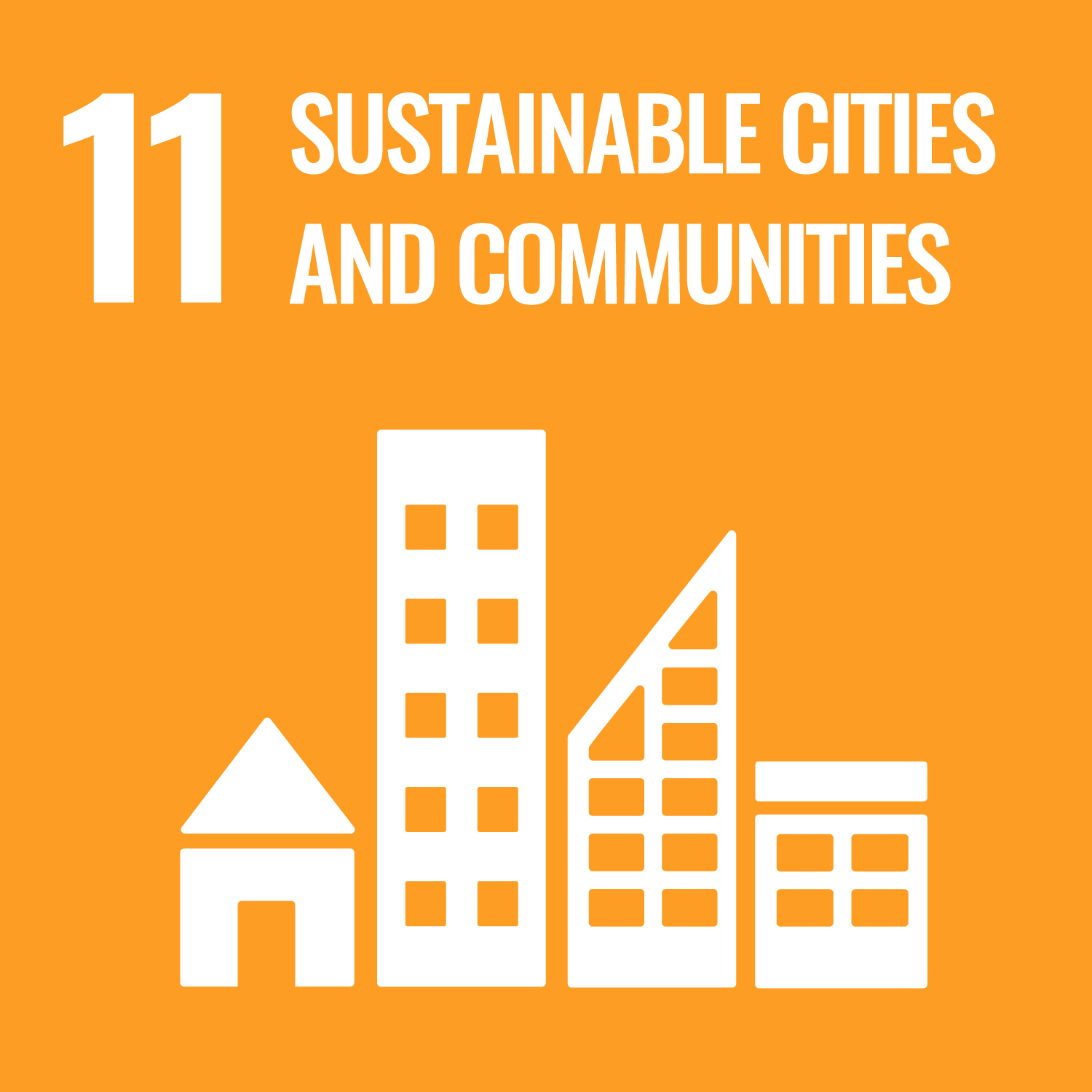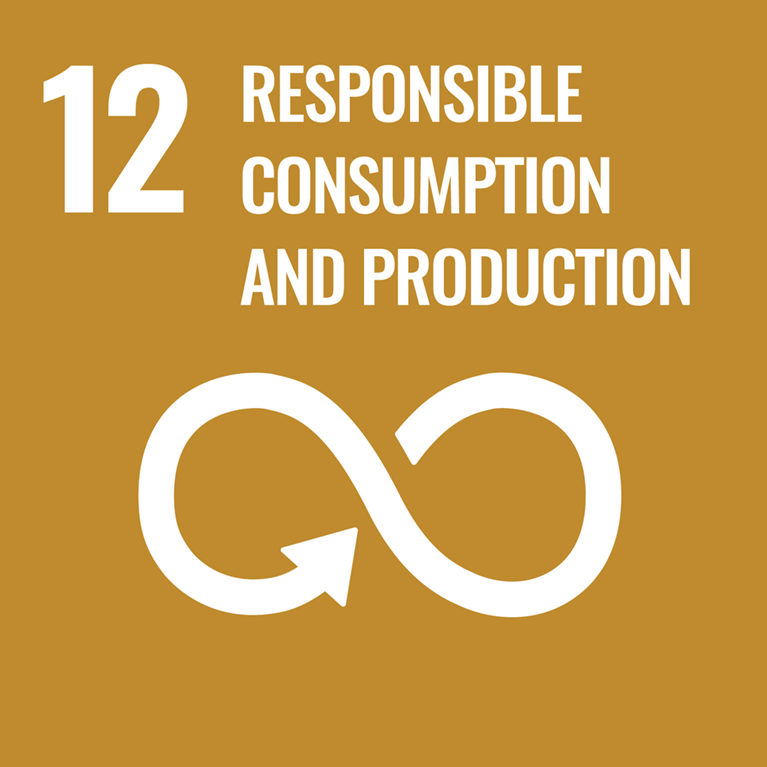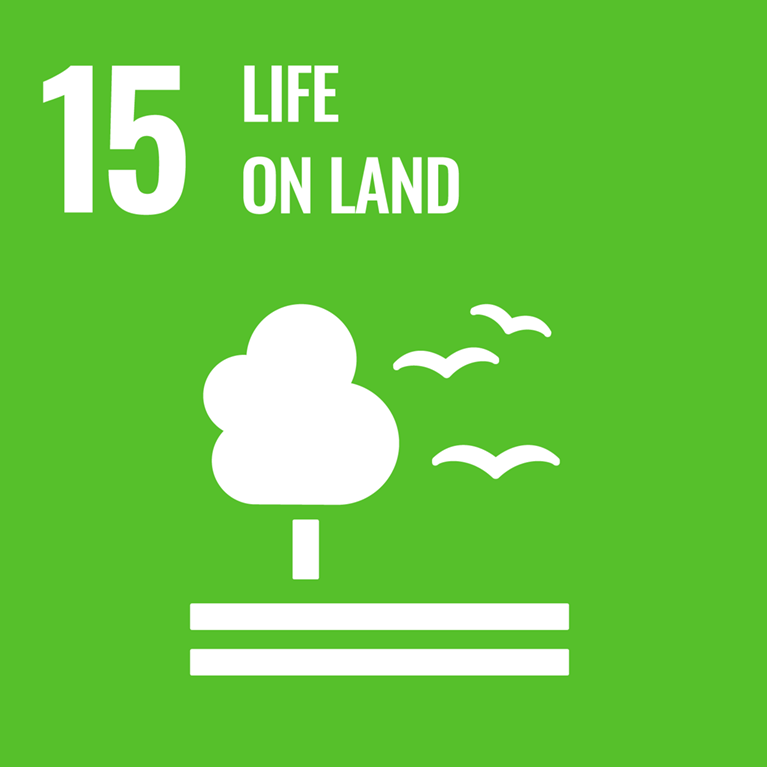
SOIL NEXUS - Building policy tools for water- and waste-based urban soil remediation
Funder
Value
$68,000
Collaborators
Coventry University, UK (lead); University of Ghent, Belgium; University of Cape Town, South Africa; University of Rosario, Argentina; Hamline University, Minnesota, US; International Soil Care Network; Spanish Network of Agroecological Cities, Spain; Compost Mentis, UK; Municipalities of Rosario and Soldini, Argentina; Shared Assets, UK; Quantum Waste, UK and Langrug Informal Settlement committee.
Team
Dr. Chiara Tornaghi (lead), Prof. Sue Charlesworth, Dr. Jana Fried and Dr. Francis Rayns (Coventry University); Dr Michiel Dehaene (Ghent University); Prof. Ruben Piacentini, Laura Bracalenti, Dr Erik Zimmermann, Dr Graciela Mendiaz and Dr Telma Scarpecci (University of Rosario); Raul Terrile, Antonio Lattuca, Nicolas Paz, Javier Couretot, Fernando Luis Bertoni and Nahuel Martinez (Municipality of Rosario); Florencia Falzone and Rubén Lopresti (Soldini municipality); Javier Rojo (Quantum Waste, London, UK); Mark Walton and Kim Graham (Shared Assets); Dr Kevin Winter, Adeebah Rekiep, Kalpana Maraj and Eloise Pretorius (Cape Town University, South Africa); Soil Care Network; Hari Byles/Compost Mentis team (UK); Dr Valentine Cadieux (Hamline University, Minnesota, US); Dr Daniel Lopez Garcia (Spanish Network of Agroecological Cities).
Duration
December 2020 – November 2021
CAWR Themes
Community Self-Organisation for Resilience
Resilient Food and Water Systems in Practice
Policies and Institutions for Resilient Food and Water
Sustainable Development Goals




Overview
Healthy urban and peri-urban soils are essential for the local production of food, to enhance short food chains and build food-resilient cities. Urbanisation, however, is the cause of ongoing water pollution, soil degradation and loss of agricultural land, particularly around industrial sites or human settlements with poor waste management. In the context of growing populations, rising land prices, and the desire to increase the amount of food produced in a city region, innovative urban food businesses and existing peri-urban farmers can play an important role in the regeneration and remediation of these soils in line with agroecological principles, particularly using existing natural and organic resources, such as urban waste water and food and green waste. However, soil protection and regeneration are hardly addressed in urban policies, and circular metabolism is often advocated but rarely enabled in practice. Policy barriers and lack of knowledge in the assessment of safety and quality of urban wastes prevent the uptake of these agroecological-based innovations in soil remediation. Building on the experience of three cities - Rosario in Argentina, Franschhoek in South Africa, and London in the UK, and through the promotion of ad-hoc data analysis and novel policy dialogues, this project aims to address the gap between practice and policy in the virtuous use of urban wastes for the remediation of urban soils. The outcomes will include a policy guide addressing the practical, legal, and planning obstacles to enhance understanding and uptake of soil remediation practices.
This project is connected to two JPI-Urban Europe and Belmont Forum funded projects: “Urbanising in Place” and “WASTE FEW ULL” (2018-2021).
Project Objectives
- Carry out research on ‘circular pedology’ (or Food-Energy-Water-based in-situ soil science), for quality assessment in the use of urban waste for soil remediation. This includes the assessment of the biological quality of the soil (pre- and post- amendments), of water for irrigation and of the vegetables grown in remediated soil and waters.
- To organise trandisciplinary dialogues and develop policy briefs to address the lack of local policy frameworks that facilitate the agroecological use of water and waste in the bioremediation of urban damaged soils to render them fit for food production.
Impact
The project aims:
- To provide evidence of quality assessment for the agroecological remediation of urban damaged soils;
- to raise global awareness around soil care and stewardship;
- to gather an overview of existing best practices in soil remediation aligned to agroecological principles;
- to provide guidance for public policy.
Outputs
- Four online transdisciplinary dialogues
- Project report/Policy brief
- Three documentaries
- Concluding dissemination event
- Two open access academic publications




